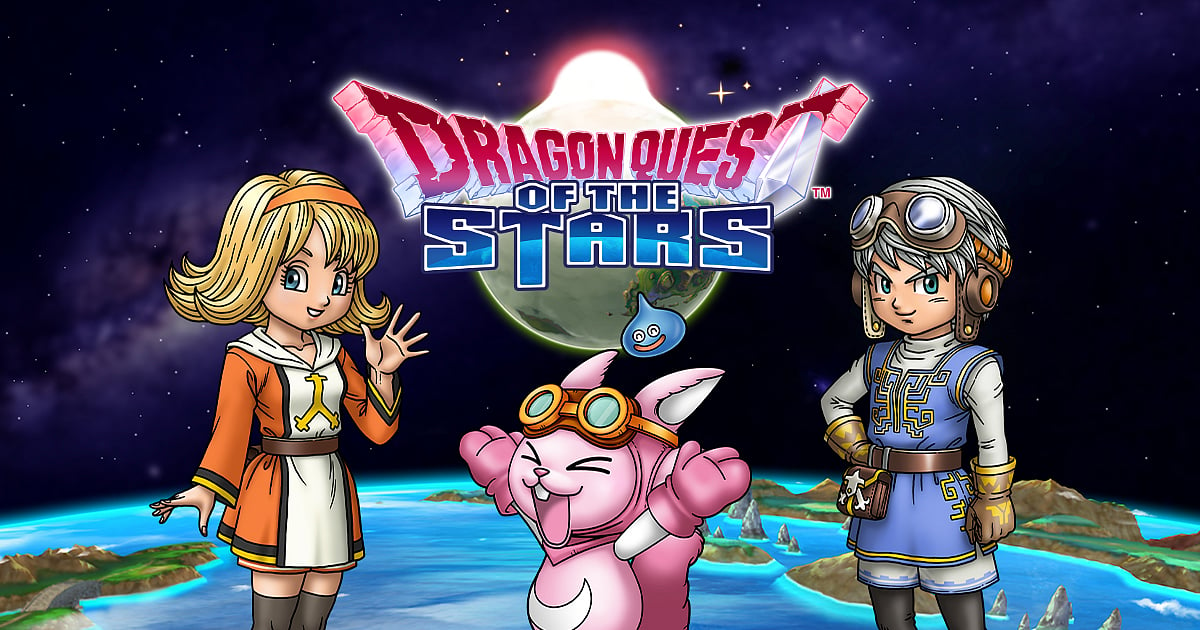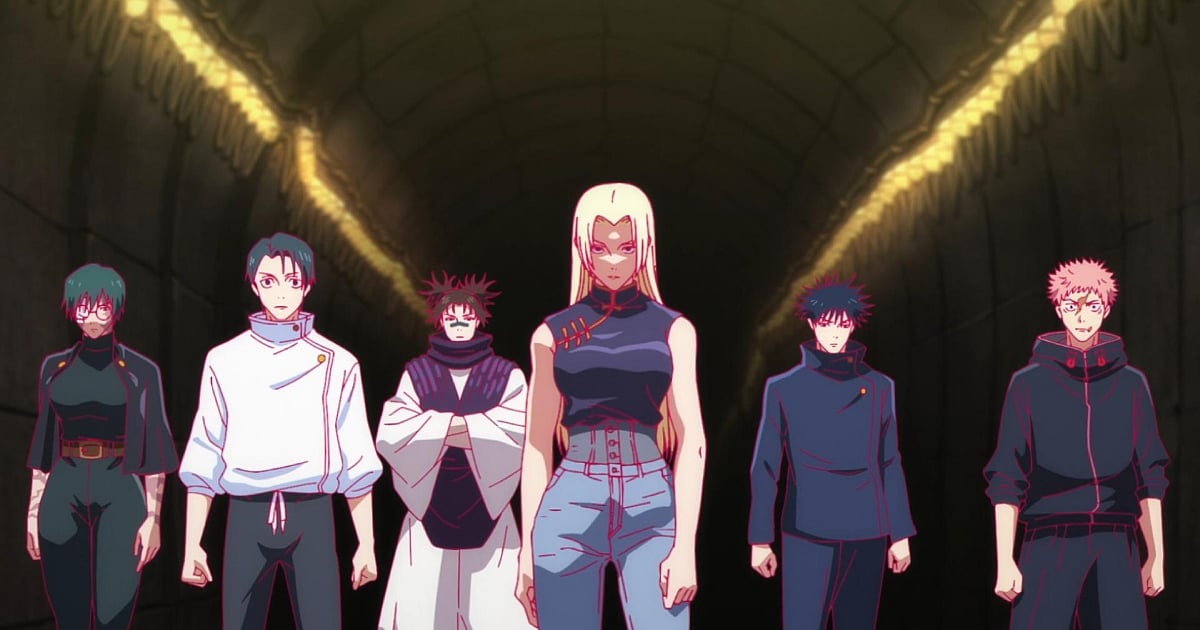
Japanese gacha games face massive early shutdowns.
Japan’s Gacha Game Bubble Bursts as Most Titles Die Within 3 Years
Japan’s Gacha Game Industry Nears Collapse as 70% of Live-Service Titles Shut Down Earlier Than Expected.
- New data shows a sharp rise in early shutdowns across Japan’s gacha game industry.
- Market strain grows as costs climb and competition intensifies.
- Developers pivot toward new models as global trends outpace Japan’s gacha-first approach.
Japan's gacha-driven mobile game sector is at a tipping point. A recent analysis reveals that more than 70% of Japan's gacha and live-service games fail before their third year, highlighting the mounting risk in an increasingly saturated market.
Gacha games account for more than 35% of global mobile gaming revenue. Additionally, 91% of the world's top-grossing titles rely on live-service systems to keep players engaged via updates, character drops, and randomized pulls.
In Japan, the gacha and live-service sector remains enormous within its $11 billion mobile gaming market, as estimated between August 2024 and July 2025. However, when you look closer into the sector’s data, a different outlook emerges.
Gacha and Live-Service Games Crash Rate Soars in Japan
As cited by AUTOMATON, the recent research of gacha and live-service games specialist Ayashii Rinjin, highlighted the same issue. Rinjin’s database showed that out of roughly 2,200 titles, 1,541 games had ended their services before entering the third year.
The study showcased a significant early drop-off, with 28 titles closing within the first three months, followed by 163 more by the six-month mark. The number rose rapidly after launch-year fatigue set in, with 501 ending service in their first year. Meanwhile, 554 titles ended their services during their second year, with another 295 dropping before reaching year three.
Rinjin’s report also revealed how delicate early-stage service games are. It also marked the second year as the most common time for end-of-service (EOS), as initial launch momentum fades and retention or monetization issues become deadly.
Why Are Japanese Gacha & Live-Services Games Changing Course?
According to industry insiders, the pattern shows the mounting strain on Japan's mobile game industry. Rising costs, scarce talent, and too many gacha titles are saturating its market.
Some insiders, like mobile game developer Suemaru, even refer to it as a "sinking Titanic," with only a few games remaining afloat. Suemaru made this comment on X when Square Enix discontinued its years-old mobile gacha games in Japan, namely, Final Fantasy: Brave Exvius and Dragon Quest of the Stars.
As highlighted by technical blogger Eihigh, Dragon Quest of the Stars' “code accumulates so much technical debt that it’s impossible to pay it back.” This indicates that longevity comes with a cost and that sustaining a live-service game for a prolonged period of time does not ensure success. Even titles that have endured for years may confront technological and financial challenges.
Several other popular live-service titles have also planned early exits or have already ceased operations. Tribe Nine, developed by Akatsuki Games in collaboration with Danganronpa creators, will be discontinuing service in less than a year. TOKYO BEAST, an NFT-based platform, also reportedly shut down just two months after its launch due to criticism of its aggressive monetization.
In light of these issues, Japanese developers are shifting directions. Many have switched from hefty gacha systems towards more player-friendly live-service models. Big hits like Genshin Impact have also raised the standard, making simple or aggressively transactional gacha games seem old-fashioned. Chinese studios are also accelerating this process. Studios like Hero Game (Duet Night Abyss) and Naked Rain (ANANTA) are even ditching traditional gacha mechanics altogether.
Japan vs. The World: Live-Services and Gacha Games
While Japan's live-service marketplace shows symptoms of saturation, global mobile gaming trends present a different picture. Data show that global mobile game spending is expected to reach $126 billion in 2025. Its expansion is fueled by hybrid monetization strategies and the rise of direct-to-consumer payment platforms.
As a result, developers throughout the world are pivoting toward more diverse revenue streams, like subscriptions, ads, and platform-bypass stores, which may put more strain on Japan's traditional gacha-first strategy.
This rising difference highlights a fundamental problem for Japanese studios. They must develop and adapt immediately to this rapidly evolving global market to remain competitive.

Author
Diya Mukherjee is a Content Writer at Outlook Respawn with a postgraduate background in media. She has a passion for writing content and is enthusiastic about exploring cultures, literature, global affairs, and pop culture.
Related Articles







